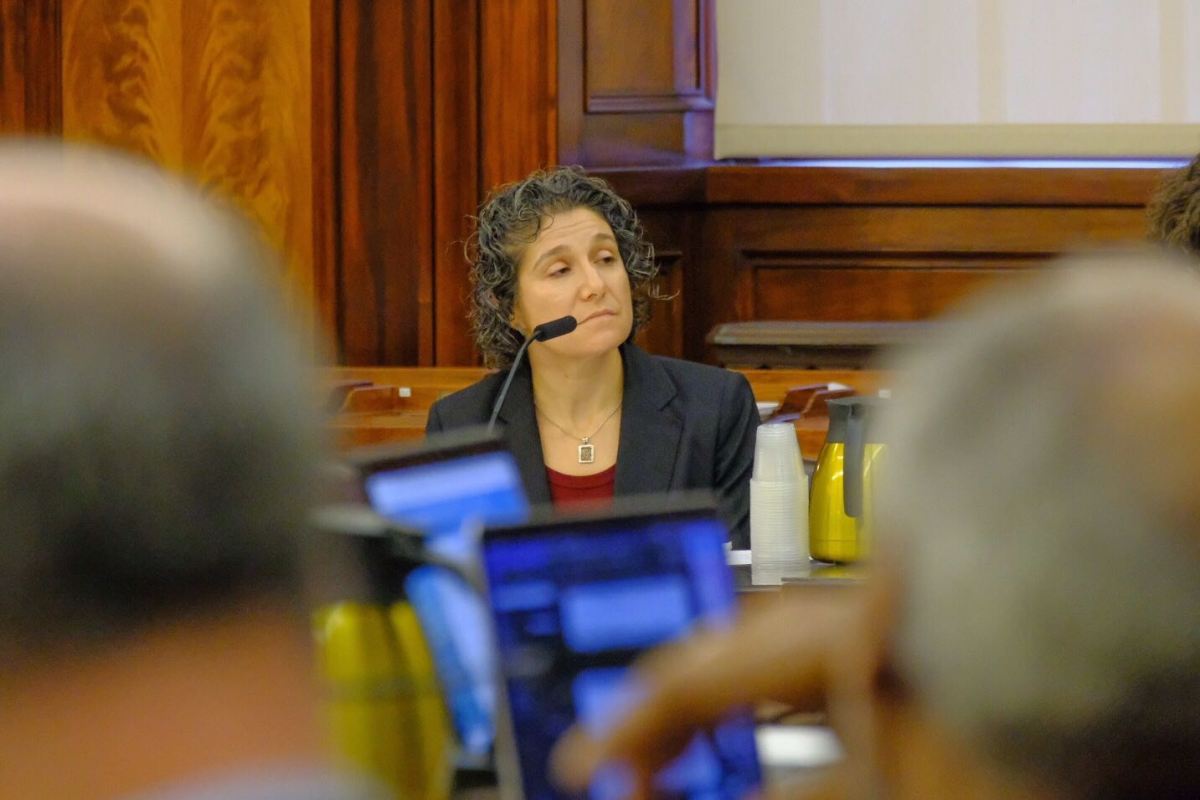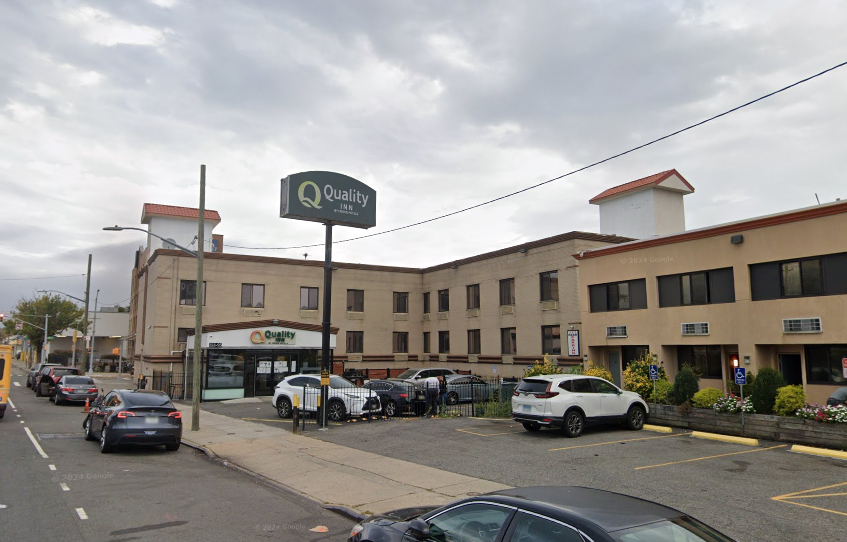Officials with the city’s Department of Homeless Services got an earful from the City Council’s Committee on General Welfare Monday over its contracts with the embattled Acacia Network.
The nonprofit company, which is a service provider to DHS, was found to be housing homeless individuals at shelters with conditions not up to code. At the Dec. 16 hearing, DHS officials told committee members they were working to “raise the bar” with more aggressive inspections of facilities under their purview.
Acacia is currently under investigation by agencies directed by Governor Andrew Cuomo, such as the Inspector General and Department of Health, for allegedly providing dangerous living conditions to rent controlled tenants in an attempt to destabilize units. Later, in November, the state tightened its investigation amid claims that Acacia threatened tenants who reported their living conditions.
Councilman Ben Kallos said Acacia Network currently has a record of 1,184 violations on their facilities, and demanded to know why the DHS continued to use their services.
Molly Park, first deputy commissioner of DHS, said that under new policies, the city agency requires Acacia and other providers to report facility improvements under one database that the city administers.
Park countered that more than 1,000 of Acacia’s violations were in cluster shelter sites — which the city is phasing out and in some cases turning into affordable housing. Even so, she insisted the DHS has no tolerance for organizations found to fail their responsibilities.
“Having an organization fail is not in anyone’s best interest,” Park said. “If we can get out of using that provider, we have done so.”
Housing Bridge is one example Park cited of an organization in which DHS has terminated a contract over poor service.
Acacia was the service provider for the Holiday Inn Express in Maspeth which was at the center of public backlash from 2016 onward as the community called for homeless families to be removed. Although DHS plans to phase out the use of hotels for temporary accommodations by 2023, families were cleared out of the Maspeth hotel in August.
Park reported that there are currently about 83 hotels in use citywide as of the day of the hearing.
With a $2.1 billion budget in the coming fiscal year for DHS, Councilman Stephen Levin said it would be a “wise investment” to broaden rent subsidy programs rather than open more homeless shelters. Levin believes additional shelters are a costly option that will only inflate the agency’s financial needs in the coming years.
Less than 2 percent of the budget goes toward providing food in shelters, an average of $8 per day for each person. Park countered that a certain amount of shelters require individuals to provide their own food.
About half of the shelter population are families, Park said.
This story has been updated because an earlier version said Acacia Network is under investigation by the state Attorney General. It is the state Inspector General that is collecting information on living conditions through various agencies directed by Governor Andrew Cuomo. Holden’s comments were also clarified. We regret the confusion which may have resulted.





































